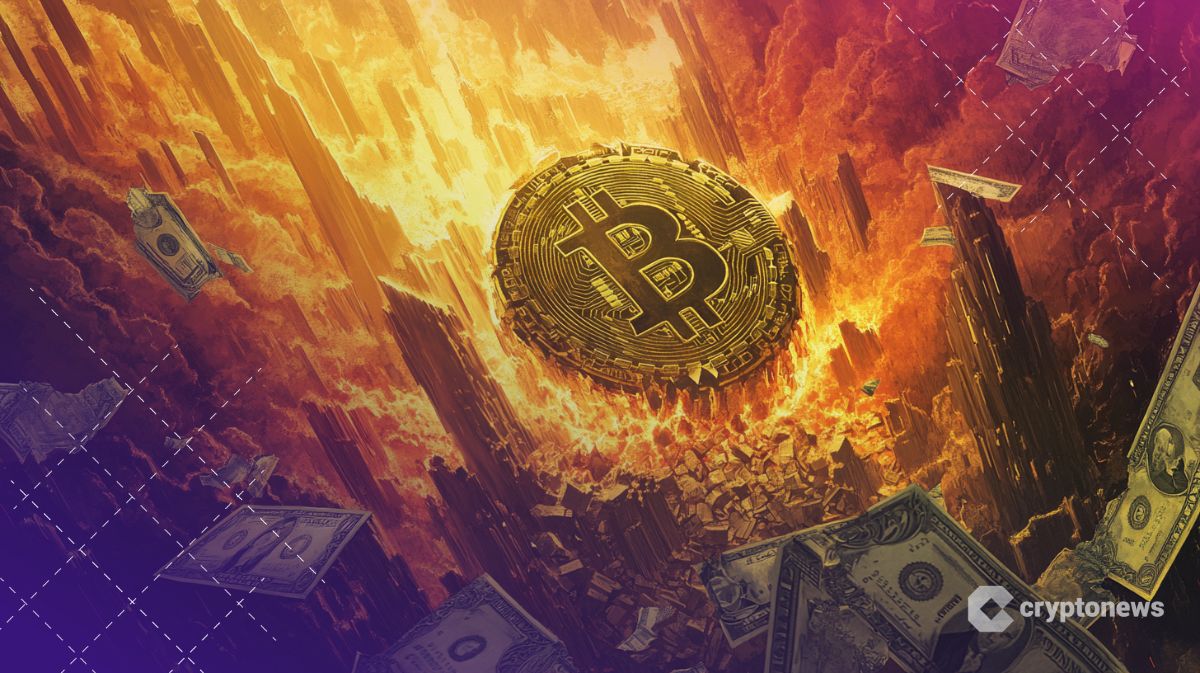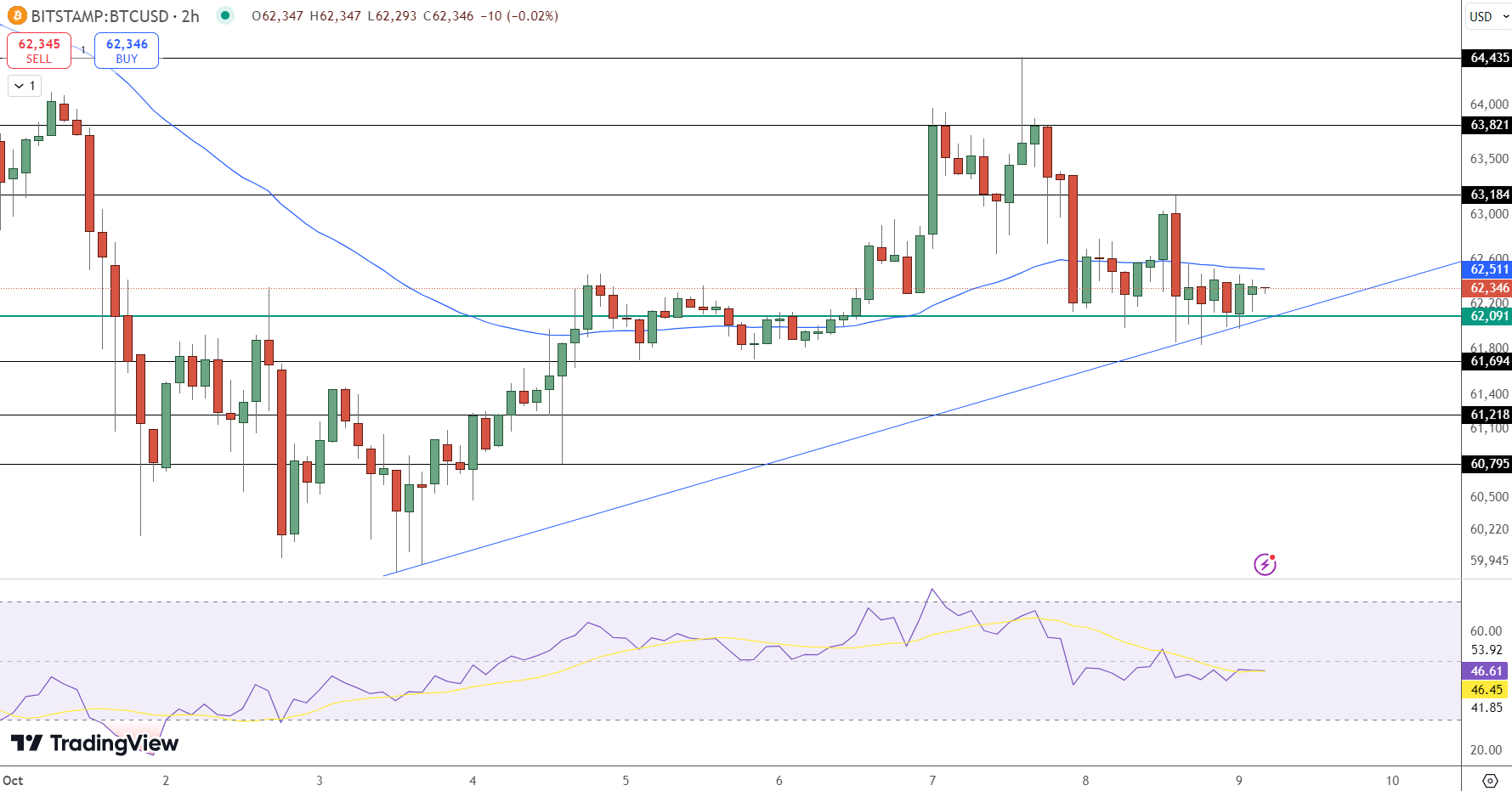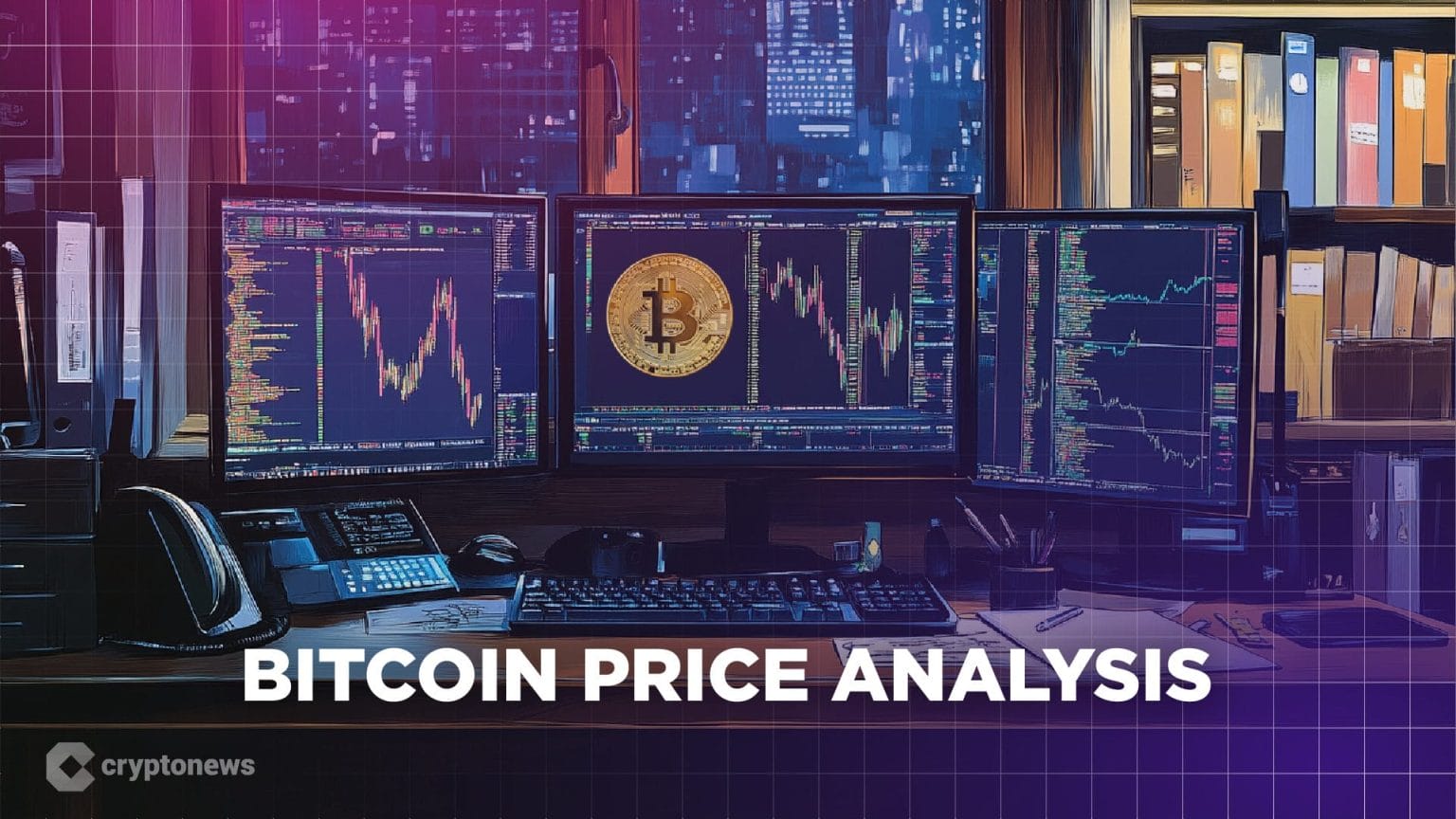Last updated:
 Why Trust Cryptonews
Why Trust Cryptonews

BlackRock CEO Larry Fink is raising the alarm on America’s growing debt burden. He warns that unchecked deficits could erode the US dollar’s dominance. This, he says, could open the door for digital assets like Bitcoin to take its place on the global stage.
In his annual letter to investors released Monday, Fink acknowledged the long-standing benefits the US has enjoyed from the dollar serving as the world’s reserve currency. But he cautioned that privilege may not last forever.
He pointed to the US national debt, which is growing three times faster than GDP. By 2030, he said, interest payments and mandatory government spending could use up all federal revenue.
“If the US doesn’t get its debt under control, if deficits keep ballooning, America risks losing that position to digital assets like Bitcoin,” he wrote.
BlackRock’s Growing Crypto Bet Signals Wall Street Shift Toward Digital Assets
According to the BlackRock exec, the US is on a path that could weaken its economic edge just as decentralized finance gains global traction.
He praised the innovation behind digital assets. He called decentralized finance “an extraordinary innovation” that makes markets faster, cheaper and more transparent. However, he warned that this same technology could become a threat. If global investors start seeing Bitcoin as a safer long-term option than the dollar, it could undermine the US currency.
Fink, long seen as a cautious but growing advocate for crypto, has increasingly championed the role of digital assets in the future of finance.
Under his leadership, BlackRock—the world’s largest asset manager—has not only warmed to crypto but actively backed Bitcoin investment vehicles. Last year, the firm launched a spot Bitcoin ETF, a signal that Wall Street’s largest players see the asset class as mainstream.
Fink Calls Tokenization a Game-Changer But Warns Identity Tech Must Catch Up
Beyond Bitcoin, Fink spotlighted tokenization as a transformative shift in financial infrastructure. He compared legacy systems like SWIFT to the postal service and tokenization to email—faster, more efficient, and built for the digital era. Tokenization, he explained, allows real-world assets such as stocks, bonds, and real estate to be digitally represented on blockchains. These tokens can be traded instantly, eliminating settlement delays and unlocking billions in idle capital.
More importantly, Fink argued, tokenization could democratize investing. By enabling fractional ownership, it could make high-value assets accessible to more people. It could also streamline shareholder voting and open up yield-generating opportunities traditionally reserved for institutional investors.
However, he cautioned that tokenization won’t succeed unless one key issue is addressed—digital identity verification. For tokenized assets to scale, financial systems must find ways to securely verify users without relying on outdated infrastructure. Fink pointed to India’s success with digital IDs as a model for what’s possible.
In closing, Fink said that building a more inclusive and efficient financial system will require more than embracing tokenization. It will also demand new standards for security, trust and identity in the digital age—before the old system loses its grip entirely.




